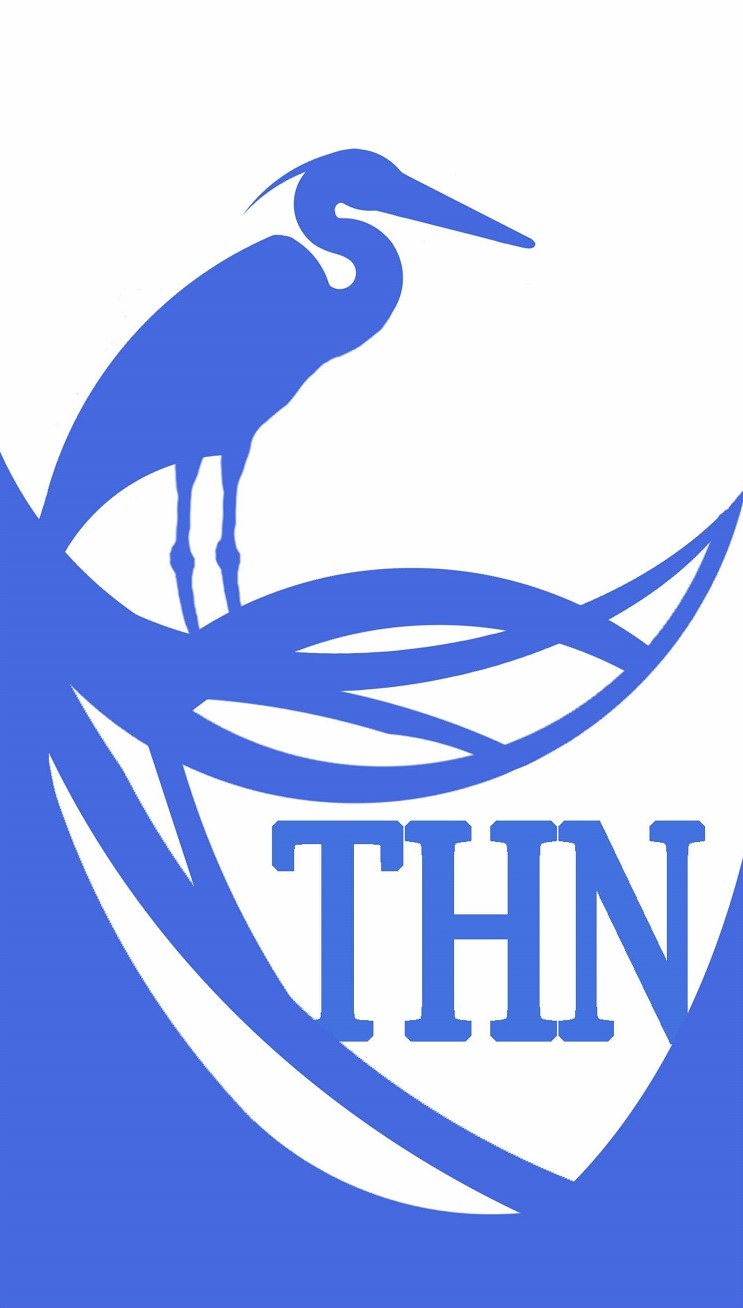Volume XXIV, Number 1: March 2022
;Editors' Choices
autumn unfolding a plaid shirt in the country store
Barrie Levine
Wenham, Massachusetts
autumn peach
the honeybees finish
what they started
Mary Stevens
Hurley, New York
winter solstice
pale sunlight reaches
the piano keys
Hilary Tann
Schuylerville, New York
The Heron's Nest Award
autumn unfolding a plaid shirt in the country store
Barrie Levine
Barrie Levine's lovely and evocative haiku expresses a three-part poetic pattern often considered when critiquing the successful elements of modern haiku writing. Those three elements may be considered simplistic and trite, but with its ancient heritage at the core, there is no reason to consider a modern haiku poem lacking anything that time, depth and history might automatically gift it. We find within the seeds of Levine's haiku all the creative elements so valued today, but with its relationship to the deepest core of our own creative connections in life.
While not a formula, many successful haiku nevertheless unfold in three parts: someone is somewhere, something happens, and someone learns something. In modern haiku, in particular, we explore with our senses: where are we; what do we see; how are our senses responding to our surroundings, what have we gained by taking this generous pause in life to explore one fleeting moment? Of time and place, we experience autumn in a country store; of sensual satisfaction, we remember our own flannel shirts—gathered to us when the season changes; and lastly, our awareness of the fleeting nature of all activities that we take for granted every day. In this case, Levine has held us all as close as a flannel shirt, bearing in mind those parameters of what we can share as humans in separate human bodies.
This is the beauty of well-crafted art and poetry—to reveal something that awakens us. It is the way the creator encourages us to be naked while fully clothed, by taking us to that place we may be too busy to visit and leaving its invisible kiss upon our cheek. Levine has offered us a way to reach each other across distances too far to travel to share meaning, reflection, and memories. This is the way successful haiku can bring the reader into the greater mysteries of ourselves and to touch those invisible realities, which we may find achingly authentic.
Tom Painting
March 2022
